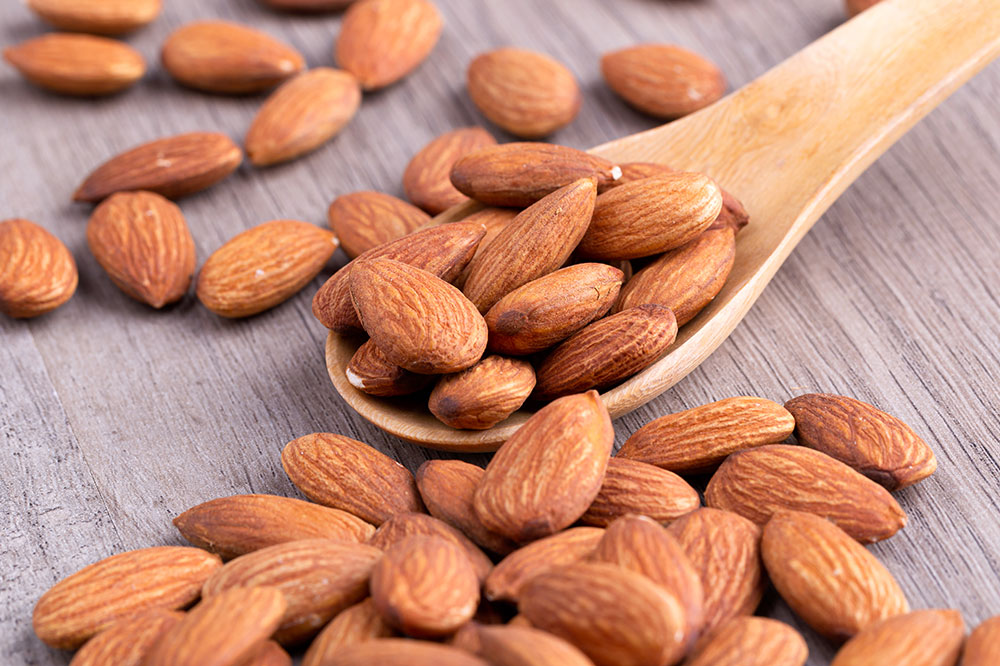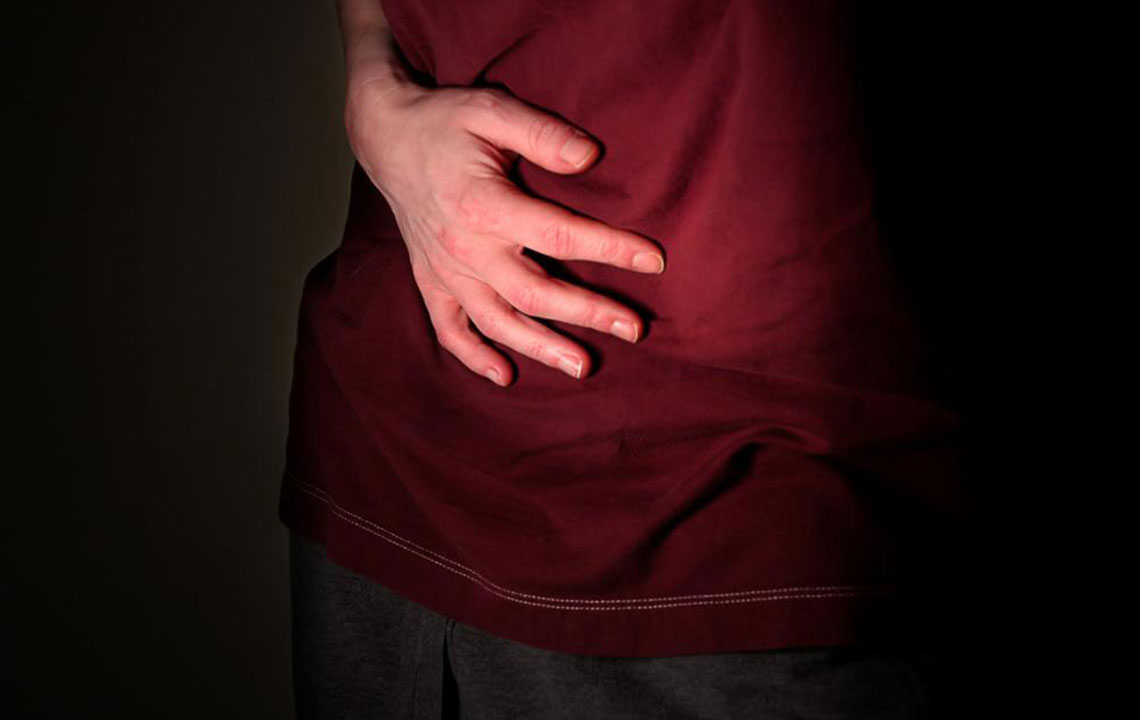Effective Strategies for Managing Diarrhea
Discover effective methods to manage and treat diarrhea through hydration, dietary adjustments, and avoiding aggravating foods. Learn when to seek medical help for prolonged symptoms. Appropriate care can prevent complications and promote quicker recovery.

Top Strategies for Controlling Diarrhea
Diarrhea typically lasts a few days and often resolves on its own. However, in some cases, it can persist longer or become severe, posing health risks if untreated. Immediate medical attention is crucial if symptoms worsen. It's important to note that medications suitable for adults may not be safe for children; consulting a pediatrician is essential when treating young patients.
Here are recommended approaches for managing diarrhea:
Stay Hydrated Diarrhea can lead to dehydration. Drinking plenty of fluids like water, fruit juices, and oral rehydration solutions helps restore lost liquids. For children, providing fluids such as water, juice, or oral rehydration salts is vital to prevent weakness caused by dehydration.
Consume Electrolyte-Rich Drinks Sports drinks, high in salts and sugars, assist in replenishing essential nutrients and fluids lost. Preparing homemade variants—adding a teaspoon of salt to a quart of apple juice—ensures better absorption. Serving these at room temperature enhances their effectiveness.
Opt for Clear Liquids During diarrhea, clear fluids like water, broth, and herbal teas support recovery and prevent dehydration.
Avoid Certain Beverages Steer clear of caffeinated, sugary, and alcoholic drinks, as they can worsen dehydration. Milk and dairy products may aggravate symptoms and temporarily cause lactose intolerance during diarrhea episodes.
Maintain a Balanced Diet Proper nutrition boosts immune function. Initially, stick to clear liquids; afterward, incorporate bland, easily digestible foods such as bananas, rice, applesauce, toast, and herbal teas—collectively known as the BRAT diet. Though some studies question its efficacy, it remains a gentle dietary approach. Adjust food choices based on individual tolerance, especially in children, where certain foods might trigger vomiting.
Identify and Avoid Trigger Foods High-fiber foods like whole grains, bran, and sweeteners such as sorbitol may worsen diarrhea. If specific foods seem to aggravate symptoms, limit or avoid them temporarily. Reintroduce them gradually once symptoms improve.
Note: While dietary management plays a key role, persistent diarrhea beyond a few days warrants medical evaluation. Tailoring diet and hydration strategies can significantly aid recovery, but consulting healthcare professionals ensures appropriate treatment, especially for children and severe cases.









